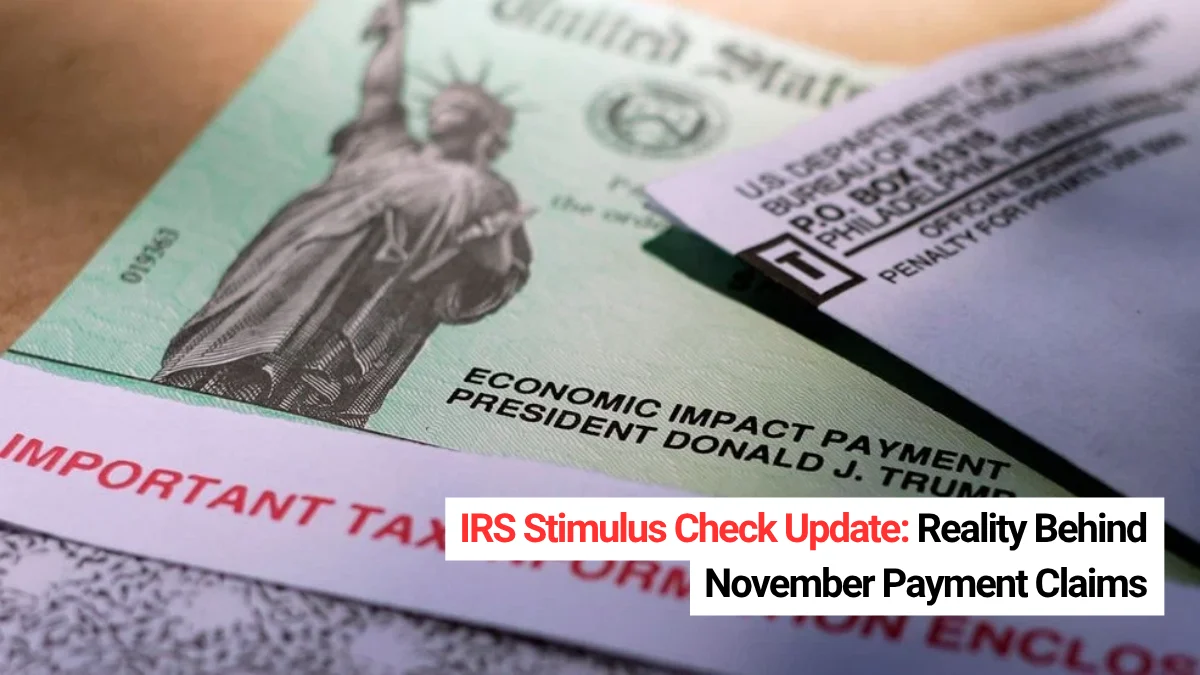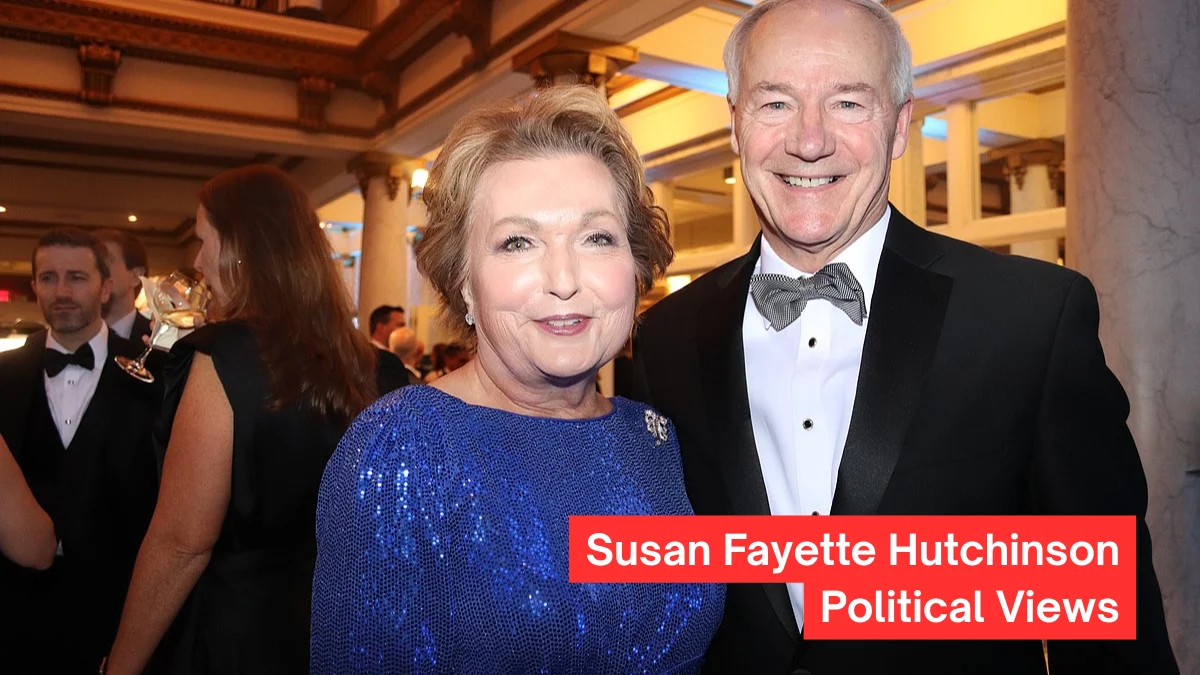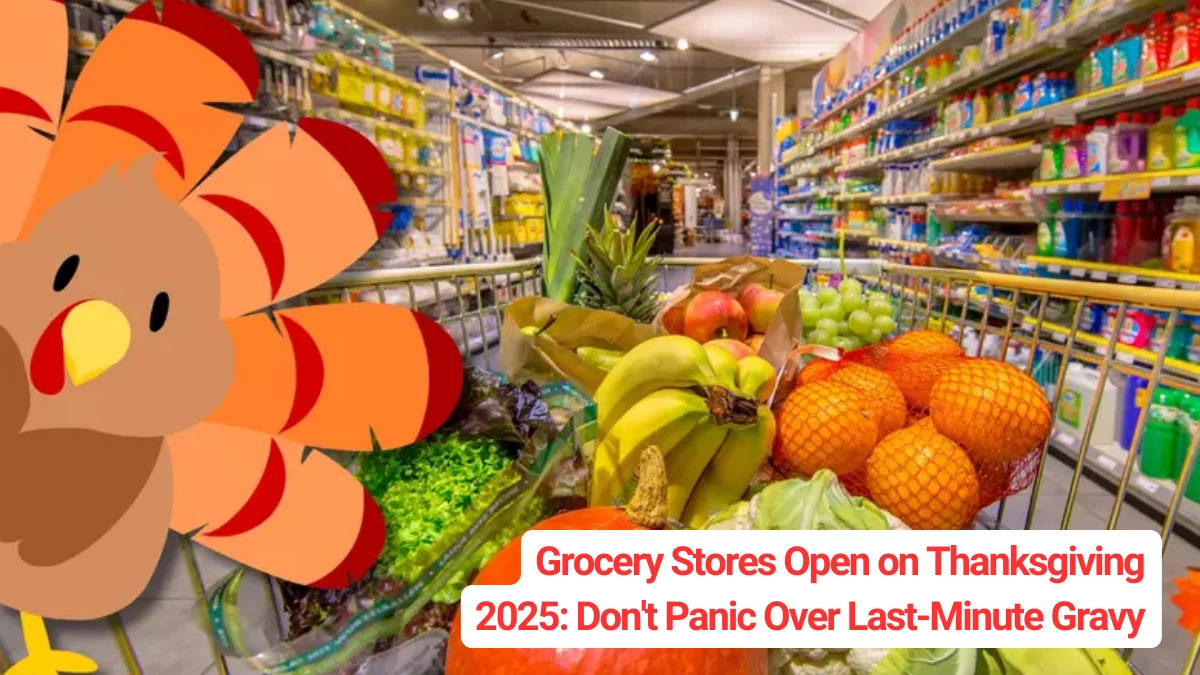The online space is again filled with claims about a new IRS stimulus check coming this November. Many people want to know if the federal government approved any new direct deposit relief or if the messages about new payments hold any truth. These claims are spreading fast, so it is important to look at the real updates.
Social media posts talk about $1,390 and $2,000 payments. These claims look convincing at first, but no official agency has confirmed any new federal stimulus checks. The IRS and the Treasury have both said that no new economic relief program is active right now.
Key Takeaways
- IRS has not announced a new stimulus check for November.
- Claims of $1,390 or $2,000 payments are not supported by official sources.
- Any future stimulus payment needs approval from Congress.
- Viral posts and pop-ups asking personal details are likely scams.
- Trump’s tariff dividend idea is still a proposal and not an approved payment.
No New IRS Direct Deposit Relief Confirmed
As of mid-November, the IRS has not approved any new federal stimulus payment. The last official round of economic impact payments came during the COVID period, and those programs ended years ago. Any future payment needs new legislation. Congress has not passed any law that authorizes fresh checks or direct deposits.
Many posts talk about “upcoming deposits,” “automatic IRS payment this month,” and similar claims. These posts often link to pages that collect bank details or Social Security numbers. Officials warn that these messages are mostly attempts to steal personal information.
Why the $1,390 and $2,000 Messages Are Spreading
In the last few weeks, social media platforms have seen quick growth in posts promoting new payment dates. These messages create confusion because they often mix old programs with new rumors. Some even use edited screenshots that look like official notices.
There is no IRS payment of $1,390 or $2,000 approved for the public. These claims do not appear on IRS.gov or Treasury announcements. Fact-checking groups have also confirmed there is no active schedule for such deposits.
List of Common False Claims Circulating
- Messages saying “IRS sending $1,390 this week.”
- Posts claiming “new federal relief direct deposit in November.”
- Websites asking users to pre-register for a new stimulus.
- Fake emails telling people to update bank details to get $2,000.
- Videos posting exact dates of deposits without official sources.
These claims look real because they repeat the same wording, but none of them match official updates.
What the IRS Actually Issued Recently
The IRS only issued automatic payments to eligible filers who claimed the 2021 Recovery Rebate Credit on time. These payments were processed in late 2024 and early 2025 for people who qualified. That was the final round connected to the old credit. It was not a new stimulus, and it was not linked to the current rumors.
Any new deposit would require a law passed by Congress. Until that happens, the IRS cannot send a new federal stimulus check.
Trump’s Tariff Dividend Proposal Explained
Another reason for the confusion is talk about President Donald Trump’s tariff dividend idea. The plan suggests using tariff revenue to provide around $2,000 per person, with high-income groups excluded. This plan is still a proposal. It is not a confirmed payment schedule, and it does not have legal approval.
Experts noted that tariff revenue alone cannot cover a national payment of this scale. This makes the proposal uncertain until full legislation is drafted and passed.
How Americans Can Stay Safe From Scams
The IRS never asks for information through email, text, or social media. Any link that promises early access or faster processing should be ignored. Only the IRS.gov site and official Treasury notices provide correct details. Keeping tax records and bank information updated with official agencies will help if any real relief program starts in the future.
Right now, there is no confirmed IRS stimulus check coming this November. Most viral posts are either guesses or scams designed to mislead users. Staying cautious and checking verified updates is the safest way for people to avoid financial risk.









